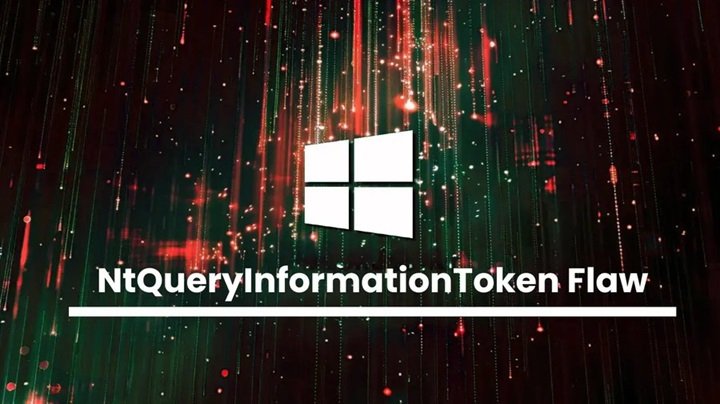Table of Contents
Introduction – CVE-2024-30088
Hey everyone, let’s talk about a recent security issue that might affect your Windows machine. Buckle up, because this one gives attackers a pretty big advantage.
There’s a chink in the armor of Windows, and it’s called CVE-2024-30088. This fancy code refers to a vulnerability in the way Windows handles information about user accounts. Imagine your computer has a filing cabinet for each user, storing details about their access levels. CVE-2024-30088 is like a loose lock on one of those cabinets, allowing someone unauthorized to peek in and potentially grab the keys (figuratively speaking, of course).
So, what does this mean for you?
This vulnerability is dangerous because it allows attackers to escalate privileges. Let’s say an attacker hacks into your system with a low-level user account. Normally, they wouldn’t be able to do much damage. But with CVE-2024-30088, they might be able to exploit this flaw and give themselves the same access as a system administrator – the almighty admin with full control over the system!
Think of it like this: Your house has different keys for different doors. A guest key might only open the front door, while the master key unlocks everything. CVE-2024-30088 is like a bug that lets someone with a guest key steal the master key!
How bad is it?
Security experts have rated CVE-2024-30088 with a CVSS score of 8.8. That’s pretty severe! A high CVSS score means there’s a good chance this vulnerability will be exploited, and the impact can be significant. With admin privileges, attackers can do all sorts of nasty things, like:
- Installing malware: They can plant malicious software that steals your data, holds your files hostage with ransomware, or disrupts your system.
- Spying on you: They can access your files, emails, and browsing history, basically snooping around like a digital shadow.
- Taking control: They can completely take over your system, using it for their own purposes or launching attacks on others.
Have I been hacked?
It’s difficult to say for sure without a proper security scan. However, if you notice any unusual activity on your computer, like unauthorized programs running or unexplained changes to your files, it’s best to be cautious.
What can I do to stay safe?
Here’s the good news: Microsoft has released a patch to fix this vulnerability. Make sure you update your Windows system as soon as possible. Here’s how to do it:
- Click on the Start menu and type “update.”
- Click on “Check for updates.”
- Install all available updates, including security updates.
Selain updating (Indonesian for “In addition to updating”), it’s also a good idea to be vigilant about security overall. Here are some additional tips:
- Be careful what you click on: Phishing emails and malicious websites are common ways attackers can trick you into giving them access to your system. Don’t click on suspicious links or attachments.
- Use strong passwords: A strong password is like a super-secure lock on your digital filing cabinet. Make it long, complex, and unique for each account.
- Consider a security suite: Antivirus and anti-malware software can provide an extra layer of protection against online threats.
By staying informed and taking precautions, you can make it much harder for attackers to exploit vulnerabilities like CVE-2024-30088. Remember, your computer security is in your hands!




Leave a Reply